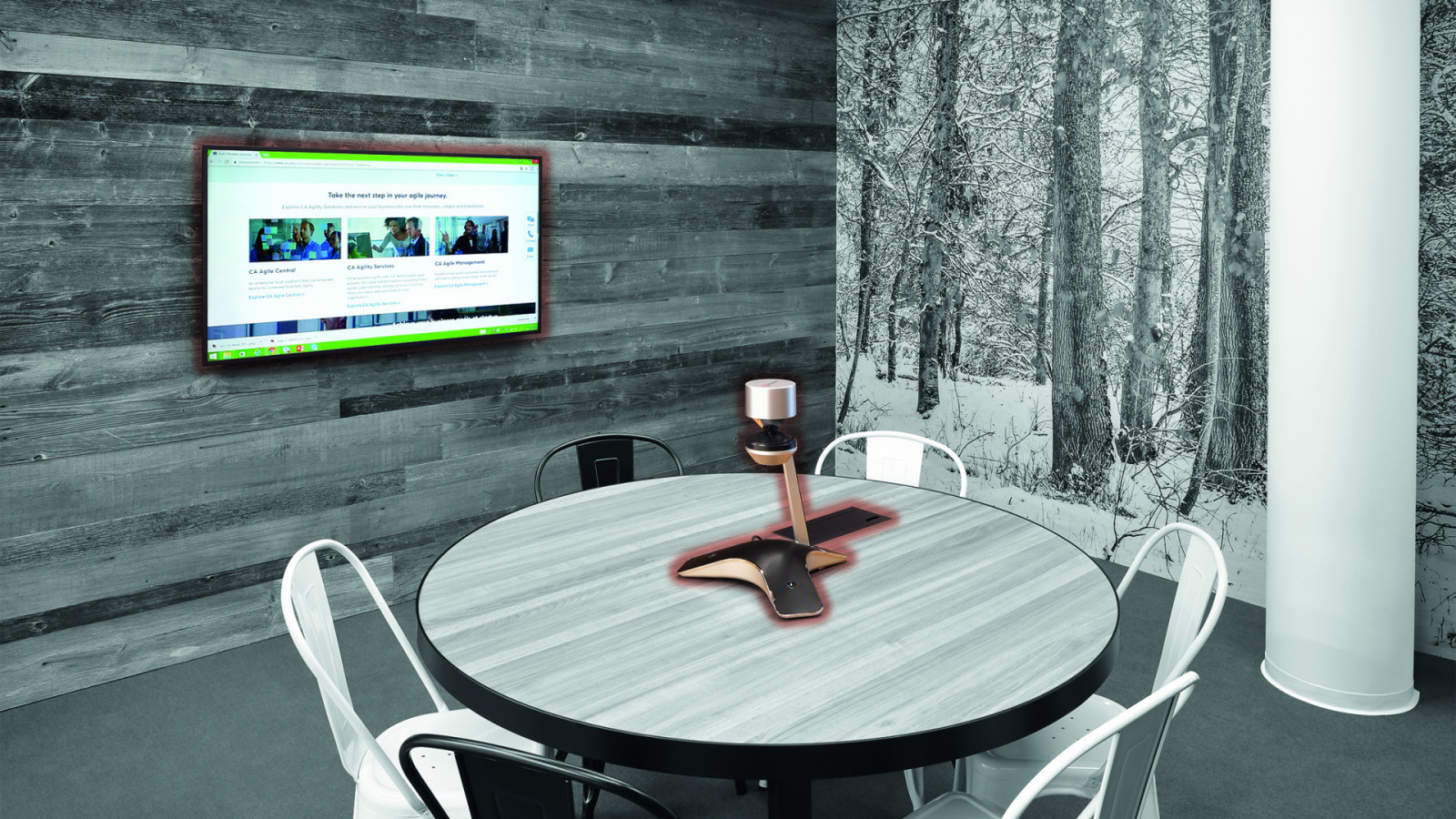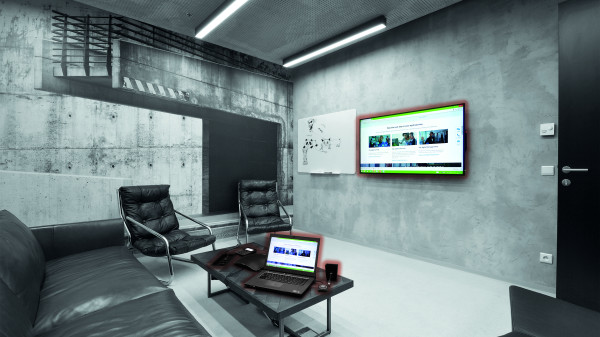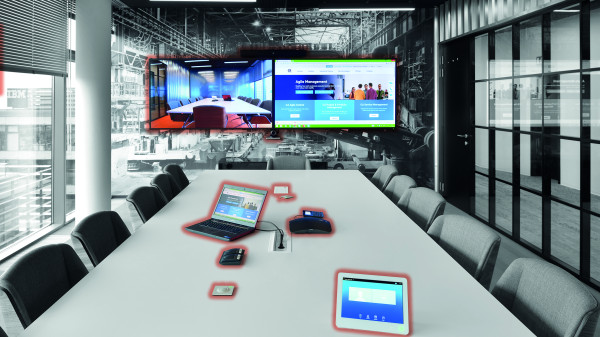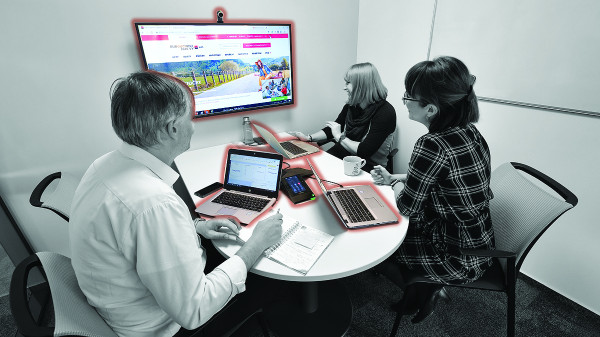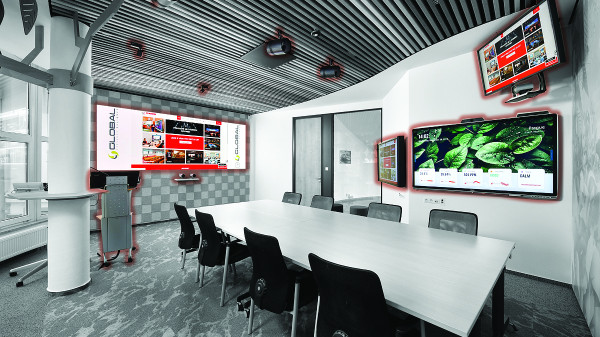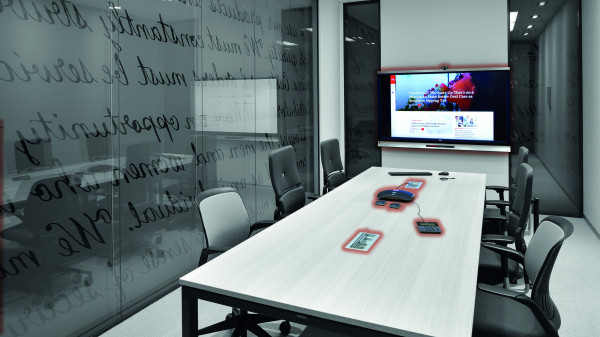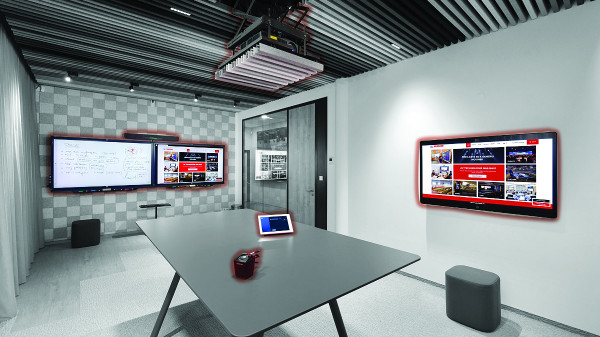
One of the significant changes brought about by forced isolation in households will be our realization of the importance and benefits of working from home.
Right now, enabling work from home through video conferencing is proving to be beneficial for both employees and businesses. Most companies do not like to take risks and change their habits slowly. But the virus forced us to take immediate action. Managers must trust people, IT must provide reliable and secure technologies to support remote work, and people must communicate by voice and video because they are not attending meetings in person. We will witness dramatic changes in our working lives that will significantly affect people’s behaviour, the design of the workspace and the meaningful use of digital technologies. Are you ready for new challenges?
The advent of digital technologies, which we previously did not use at such a massive scale, but which will come in handy, will accelerate: these are primarily technologies supporting home office, communication and remote collaboration. Meetings cannot be done without video conferences and the use of Cisco Webex Teams, Microsoft Teams and Google G Suite.
According to the LMC survey, 20% of people before COVID-19 used home office and another at least 20% required it. If we manage to cope with the current challenge, we will use the trends and technologies in the field of remote communication and collaboration to serve us. In order to do this, we need to switch our leadership style to remote leadership. Because, unfortunately, we still lead people the old way, as if everyone works and sits in the office, but the situation has changed and will continue to change. Once this new experience gets under our skin, it becomes a new habit.
People
Working from home builds a higher degree of flexibility and independence in people. While prosperity has long been a priority for corporate companies, it has now become a critical issue for business in general globally. Balancing work and private life will become an even more important topic.
Register for FREE for the WEBINARS at www.inspirovanolidmi.cz/nadalku
We have to ask ourselves: why do we travel? The virus has forced us to think about when face-to-face meetings are really important. Face-to-face communication is the most natural form of information exchange for us, but we do not think much about the ecological impact of our planet and the associated costs of travel. The whole situation will lead to a more thorough consideration of when we should really meet face to face and when a virtual meeting is sufficient.
Distributed teams will become a natural part of our lives.
Premises
The pandemic will change our attitude towards working from home, which we will use more often. We will think more about what the office is actually intended for. People will continue to want to meet their colleagues and business partners in person: it will be possible to maintain the already established human relationships virtually, but it will be much more difficult to establish new relationships at a distance. For some extroverts, loneliness and isolation will be a problem. For others, it will be difficult to concentrate on their work from home due to the presence of children and frequent distractions. We will return to offices, but not the way we were used to.
Some of us will look for a home office for focused work and office space for team collaboration.
While the need for standard office space will decrease, the demand for other types will increase. The more time we spend working online, the higher the demand for areas for teamwork will be. Work spaces will be more diverse, with fewer desks, but more space for formal and informal meetings, eating and relaxing. Key communication, triggering new ideas and future innovations will take place in these zones.
The office will become a sought-after place for team events, experiential inspiration, learning new skills and social activities. Offices will be located in the liveliest parts of the city. An office will no longer be a place to sit in rows and do individual work.
Office spaces that will be designed to inspire people and support corporate culture.
Costs
The virus will show us exactly how much time we lose commuting to work. We will focus more on efficient use of time. Budgets for travel expenses will be adjusted to match actual needs. We will direct investments more towards quality and meaningful IT/AV equipment.
At the same time, we realize that we have unnecessarily large office spaces. Office occupancy according to Cushman&Wakefield shows that we use offices only 58% of working time on average. These data will help people abandon the established concept of office design and move to the concept of activity-based working.
Get inspired and visit the AV MEDIA office space
Human resources
Management of remote communities will be a new challenge for HR. Building a corporate culture and connecting remotely will make room for new roles, such as community managers. Offices will become a place where a corporate culture that reflects corporate values will be built. These values will be based on sustainability, good relationships and high-quality working conditions. Office space will become a key place for company leadership, performance management and people engagement.
The future
With the growth of global companies, their influence and economic power, their responsibilities must also change. There will be a shift from shareholder value to stakeholder value. Profit will be more balanced by caring for the planet, society, employees and their families.
New companies will emerge that will pay more attention to the health aspects of their employees, support lifelong learning and care for older employees. People will work for companies much longer, be more engaged, happier and more productive.
















